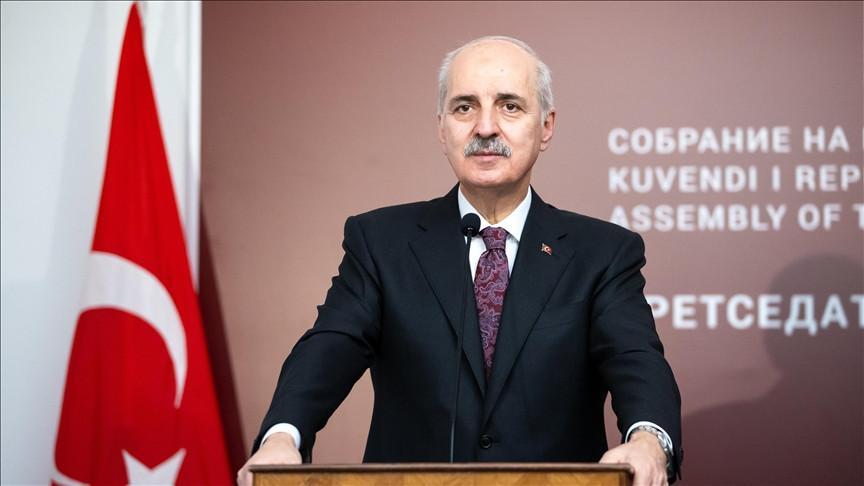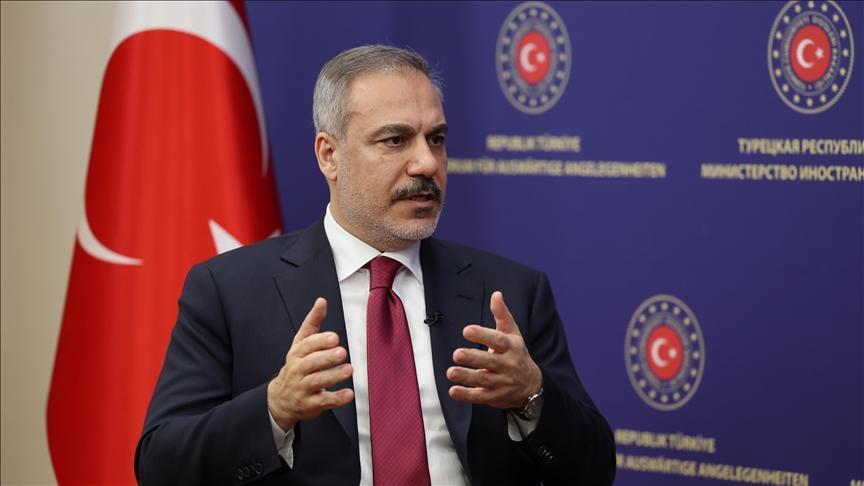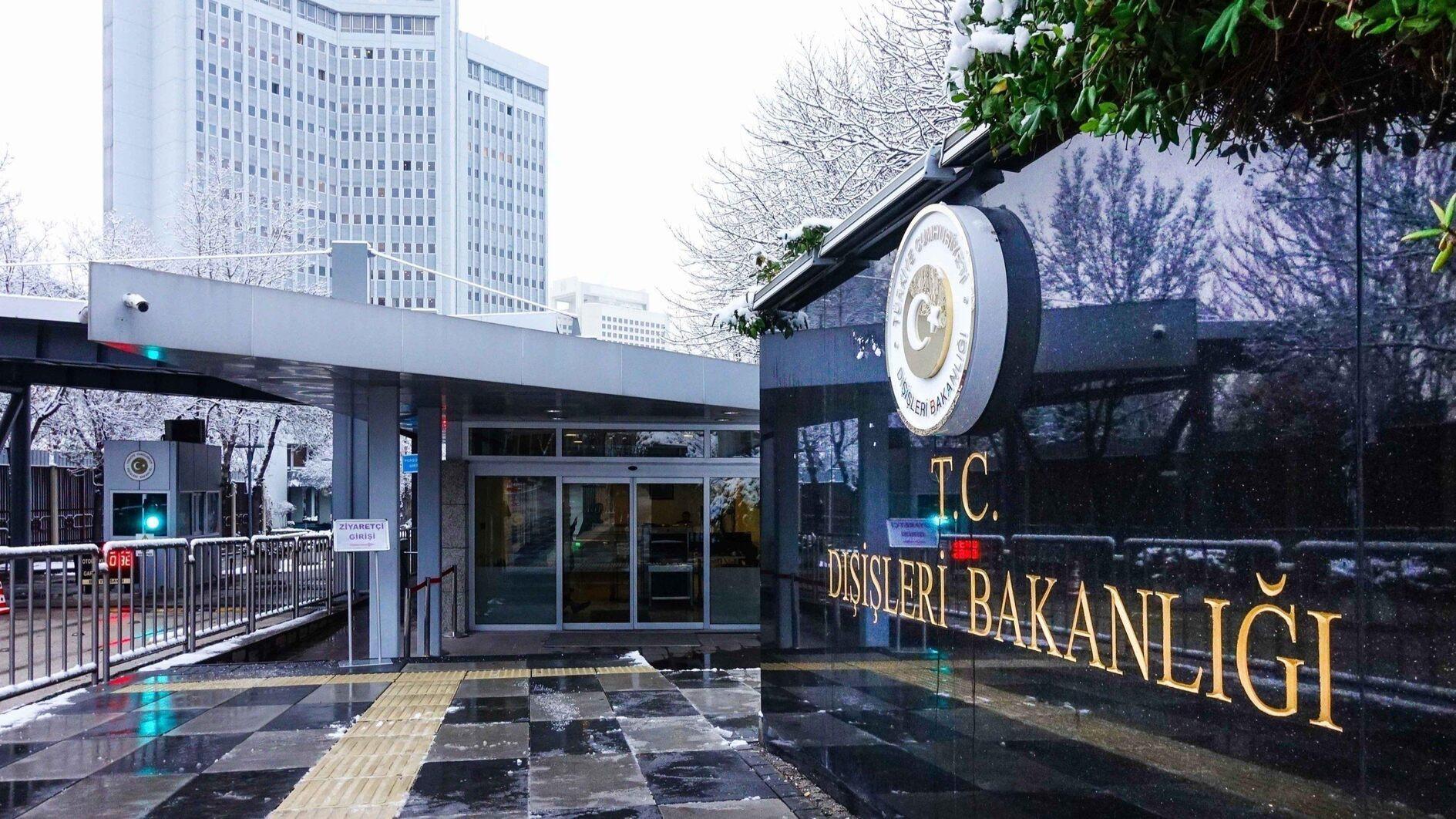Fundamentals of the Cyprus issue
There appears to be a problem in understanding what a magical tool a “two states in EU” idea might serve for a resolution of the Cyprus problem that defied repeated efforts and armies of mediators since the 1968 start of the Cyprus talks.
The two sides on the island have certain obsessions. Irrespective whether they might be understandable or products of some phobias, these obsessions must be answered adequately if there ever will be a mutually acceptable solution on the island. Besides, because of the geopolitical importance of the island and eastern Mediterranean not only for the two people of Cyprus or the countries of the Mediterranean basin, but also for the countries that have economic, political interests and even military aspirations.
If we focus on Greek Cypriot obsessions first, we should underline their inability to comprehend that Cyprus is the home of two people the relationship between who is not one of minority and majority but one of sharing the same homeland as two political equals. Even though while the island was part of the Ottoman empire Greeks were just the “Christian subjects”, during the British rule and when the 1960 republic was being created the fundamental basis were the political equality, autonomous education, religious affairs and local administrations. It must be remembered that the 1960 system was an effective federation with Turkish Cypriots enjoying veto power both at the vice presidency, government level as well as at the legislative aspect. Besides, separate municipalities, education and religious affairs systems were continued. It was indeed the Greek Cypriot refusal to abide with the effective federation principle of the 1960 republic that the 1963 horrendous and genocidal attacks that aimed to cleanse the island from Turkish Cypriots was launched.
The second obsession is the Turkophobia produced by the 1974 Turkish intervention. Forgetting that the Turkish intervention is not the cause but the by-product of the Cyprus problem, Greek Cypriots demand an end to the guarantee system and withdrawal of Turkish troops (and settlers) as a precondition for a settlement.
As regards Turkish Cypriot obsessions, on the other hand, high on the list are the “minority complex” and the “communal trauma” the 1963-1974 Greek Cypriot attacks produced. Obviously, numerically Turkish Cypriots are lesser compared to Greek Cypriots, but as explained earlier, there never ever been a minority-majority relationship between them and the Greek Cypriots. They are the equal co-founders of the Cyprus republic from whose administration, legislature and offices they were kicked out by force in 1964. Turkish Cypriots believe they were saved from a total annihilation with Turkey intervening and thus demand continuation of the guarantee system as well as maintenance of at least a noteworthy strong Turkish military presence as a “sine qua non” of any deal with Greek Cypriots.
There are of course territorial aspects, as well as property issue which at the individual level might be the most important and painful chapter of the Cyrus problem.
Under these conditions, even if the Cyprus talks aimed at creating a bi-zonal and bi-communal federation continued for another century, unfortunately there will not be a resolution as long as either of the two sides change their fundamental position. That appears very difficult, if not impossible.
In a two state within EU resolution idea, however, provided the two sides agree to pledge that they would not join with any third country and would not leave the EU, there will be a de facto federation as EU’s four freedoms would create such an atmosphere. With Turkey given EU-member like rights limited to Cyprus, Turkish Cypriots would satisfy their security concerns. With such a move, there would not be even one single Turkish soldier or settler on the Greek Cypriot territory. The problem would be downsized to a territory vs sovereignty deal and a generous compensation scheme for the property dimension.











